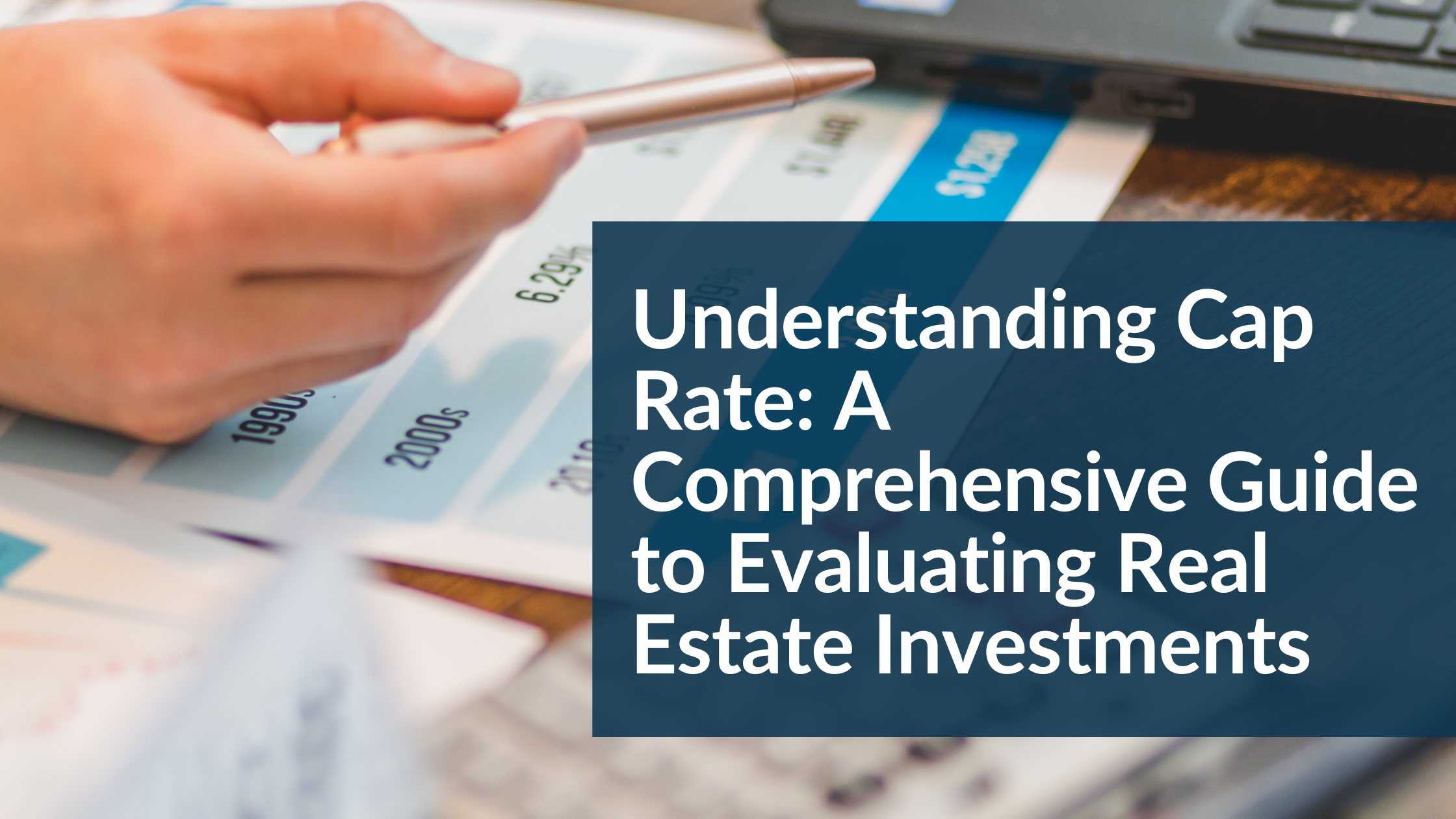Unlocking Opportunities: A Guide to Buying an Investment Property with Minimal Down Payment

Welcome to our comprehensive guide on buying an investment property with a minimal down payment! Are you dreaming of venturing into the world of real estate investing but don't have a hefty amount of cash to put down? Don't worry, because in this article, we'll show you how to unlock the doors to lucrative opportunities with a limited down payment.
Investing in real estate can be a game-changer for your financial future, but many believe that a sizable down payment is necessary to get started. However, we're here to debunk that myth and reveal the secrets to buying an investment property with minimal upfront costs.
In this guide, we'll explore alternative strategies, financing options, and creative ways to secure a property without breaking the bank. We'll highlight government-backed programs, negotiate favorable terms, and tap into the power of partnerships. Whether you're a first-time investor or a seasoned pro, this guide will provide the insights you need to make informed decisions and take advantage of the current market conditions.
So, if you're ready to unlock the potential of real estate investing without a substantial down payment, let's dive in and discover the pathway to financial freedom!
Exploring the different financing options for investment properties
When it comes to financing an investment property, traditional mortgages may not be the only option available to you. Several alternative financing options can help you secure a property with minimal down payment.
One such option is an FHA loan. The Federal Housing Administration offers loans specifically designed for first-time homebuyers and investors. These loans often require a lower down payment compared to conventional mortgages, making them an attractive choice for those looking to invest in real estate with limited funds.
Another financing option to consider is a DSCR Loan. A DSCR Loan evaluates a borrower's ability to cover debt obligations, like loan repayments and interest, by analyzing the income generated by the property or business. The Debt Service Coverage Ratio (DSCR) is calculated by dividing net operating income by total debt service. Lenders use DSCR to assess the borrower's financial capacity, with higher ratios indicating better repayment ability and financial health.
Additionally, you may want to explore seller financing options. In a seller financing arrangement, the property seller acts as the lender, allowing you to make monthly payments directly to them. This can be an ideal option if you're struggling to secure financing from traditional sources or if you're looking to negotiate more favorable terms.
By considering these alternative financing options, you can increase your chances of buying an investment property with minimal down payment.
The importance of credit score when buying an investment property
While there are financing options available for investors with lower credit scores, having a solid credit history can open up more opportunities and better terms. Lenders often use credit scores to assess the risk associated with lending to borrowers, and a higher credit score can result in more favorable interest rates and loan terms.
To improve your credit score, start by reviewing your credit report for any errors or discrepancies. Dispute any inaccuracies and work on paying off any outstanding debts. Additionally, make sure to pay all your bills on time and avoid taking on new credit before applying for a loan.
Building a positive credit history takes time, so it's important to start early and be consistent in your efforts. By maintaining good credit, you'll have more options when it comes to financing your investment property and may even qualify for lower interest rates, saving you money in the long run.
Strategies for saving for a down payment on an investment property
Saving for a down payment on an investment property may seem like a daunting task, but with the right strategies, it's achievable. Here are a few tips to help you save for your down payment:
1. Create a budget: Start by analyzing your current spending habits and identify areas where you can cut back. Allocate a portion of your income specifically for your down payment savings.
2. Automate your savings: Set up an automatic transfer from your checking account to a separate savings account dedicated to your down payment. This way, you'll be consistently saving without even thinking about it.
3. Increase your income: Consider taking on a side gig or freelancing to generate extra income specifically for your down payment savings. This additional income can accelerate your savings progress.
4. Cut down on expenses: Look for ways to reduce your monthly expenses. Consider downsizing your living arrangements, cutting back on non-essential purchases, and negotiating lower rates on your bills and subscriptions.
5. Seek financial assistance: Look into down payment assistance programs offered by local or state governments. These programs can provide grants or low-interest loans to help you bridge the gap between your savings and the required down payment amount.
By implementing these strategies and staying committed to your savings goals, you can gradually build up your down payment fund and move closer to your investment property purchase.
Researching and selecting the right investment property
When it comes to buying an investment property with a minimal down payment, thorough research, and careful selection are crucial. Here are some key factors to consider when researching and selecting the right property:
1. Location: Look for properties in areas with strong rental demand and potential for appreciation. Consider factors such as job growth, proximity to amenities, and the overall desirability of the neighborhood.
2. Property type: Determine the type of property that aligns with your investment goals. Are you looking for a single-family home, a multi-unit property, or a commercial space? Each property type has its pros and cons, so choose one that suits your investment strategy.
3. Market trends: Stay informed about the local real estate market and current trends. Analyze historical data, vacancy rates, rental prices, and future development plans to make an informed decision.
4. Property condition: Assess the condition of the property and estimate any potential renovation or repair costs. Factor in these expenses when calculating your overall investment costs and potential returns.
5. Cash flow analysis: Conduct a thorough cash flow analysis to ensure the property will generate positive cash flow. Consider factors such as rental income, operating expenses, and potential vacancies.
By conducting thorough research and carefully selecting the right investment property, you'll increase your chances of success and minimize potential risks.
Negotiating the purchase price and terms for an investment property
Negotiating the purchase price and terms for an investment property is a critical step in maximizing your investment potential. Here are some tips to help you negotiate effectively:
1. Research comparable properties: Gather information on similar properties in the area to get an understanding of the market value. This will provide you with a baseline for your negotiations.
2. Determine your walk-away point: Set a maximum purchase price that you're willing to pay for the property. This will help you stay focused during negotiations and prevent you from overpaying.
3. Understand the seller's motivations: Try to uncover the seller's motivations for selling the property. Are they in a rush to sell? Are they open to flexible terms? Understanding their motivations can give you an advantage during negotiations.
4. Highlight your strengths as a buyer: If you have a strong financial position or a pre-approved loan, make sure the seller is aware of this. Sellers often prefer buyers who are financially secure and can close the deal quickly.
5. Be prepared to walk away: If negotiations are not progressing in your favor, be prepared to walk away from the deal. There are always other investment opportunities, and it's important not to let emotions cloud your judgment.
Remember, negotiating the purchase price and terms is a skill that can be honed over time. With practice and experience, you'll become more confident and adept at securing favorable deals.
Assessing the potential return on investment for an investment property
Before finalizing your investment property purchase, it's crucial to assess the potential return on investment (ROI). Here are some key metrics to consider:
1. Cash-on-cash return: This metric calculates the annual return on your investment based on the amount of cash you initially put in. Divide the annual net cash flow by the total cash invested to calculate the cash-on-cash return.
2. Cap rate: The capitalization rate is a measure of the property's potential return based on its net operating income (NOI). Divide the NOI by the purchase price to calculate the cap rate. A higher cap rate indicates a higher return potential.
3. Return on investment (ROI): The ROI is a comprehensive measure of the property's overall return. It takes into account factors such as cash flow, appreciation, and tax benefits. Divide the total return by the total investment to calculate the ROI.
4. Break-even point: Determine the point at which your rental income covers all expenses and mortgage payments. This will give you an idea of how long it will take for the property to start generating positive cash flow.
By carefully analyzing these metrics and considering potential risks, you can make informed decisions and select investment properties that align with your financial goals.
Managing and maintaining an investment property
Once you've successfully acquired an investment property with minimal down payment, it's essential to effectively manage and maintain it. Here are some tips to help you navigate this aspect of real estate investing:
1. Find reliable tenants: Screen potential tenants thoroughly to minimize the risk of late payments or property damage. Perform background checks, verify employment and income, and contact previous landlords for references.
2. Set clear expectations: Establish clear guidelines and expectations for tenants regarding rent payments, property maintenance, and other responsibilities. Communicate these expectations in the lease agreement to avoid misunderstandings.
3. Regular property inspections: Conduct regular inspections to identify any maintenance or repair needs. Addressing issues promptly can help prevent more significant problems down the line.
4. Build a network of trusted professionals: Establish relationships with reliable contractors, plumbers, electricians, and other professionals who can assist with property maintenance and repairs. Having a trusted network will make it easier to address any issues that arise.
5. Stay updated on landlord-tenant laws: Familiarize yourself with the local landlord-tenant laws and regulations to ensure you comply. This will help protect your rights as a landlord and prevent any legal issues.
By actively managing and maintaining your investment property, you can maximize its potential and protect your investment over the long term.
Conclusion and final thoughts on buying an investment property with a minimal down payment
Investing in real estate offers a multitude of benefits that can significantly impact your financial position. One of the key advantages is the potential for long-term appreciation. Historically, real estate values have tended to increase over time, allowing investors to build equity and generate substantial returns.
Additionally, investment properties can provide a steady stream of passive income through rental payments. With the right property and tenant, your rental income can cover your mortgage payments and even exceed them, creating a positive cash flow. This cash flow can be reinvested into other properties or used to fund your lifestyle.
Furthermore, owning an investment property allows you to take advantage of tax benefits. Expenses related to property maintenance, mortgage interest, and property taxes are often tax-deductible, reducing your overall tax liability. These deductions can have a significant impact on your financial situation and increase your returns.
Overall, buying an investment property can be a lucrative endeavor that offers both short-term cash flow and long-term wealth accumulation. With the right strategies, you can minimize your upfront costs and maximize your returns.
Looking to purchase an investment property? Feel free to submit the details of your loan through our online portal and a Loan Officer will be in touch.


